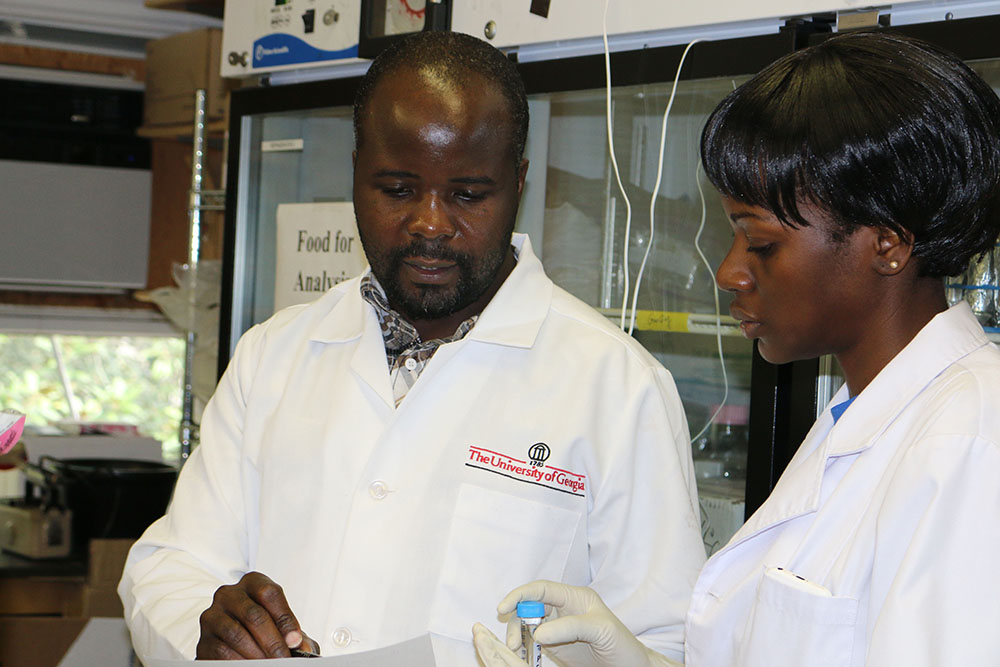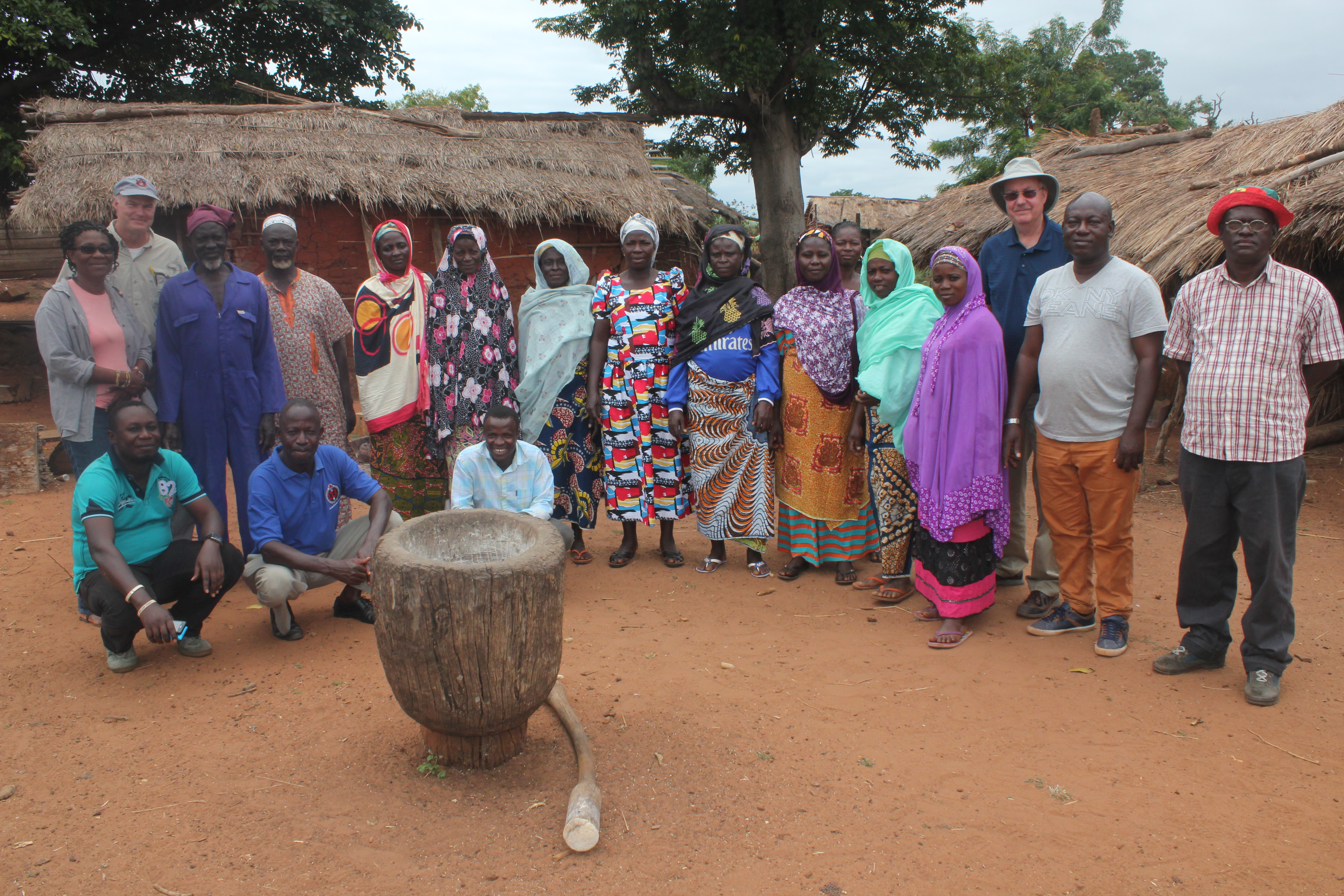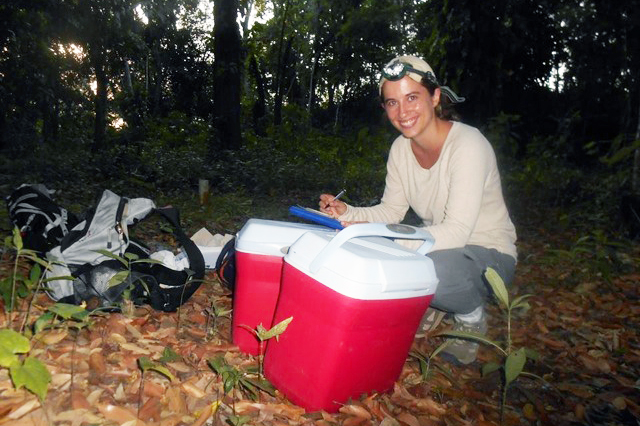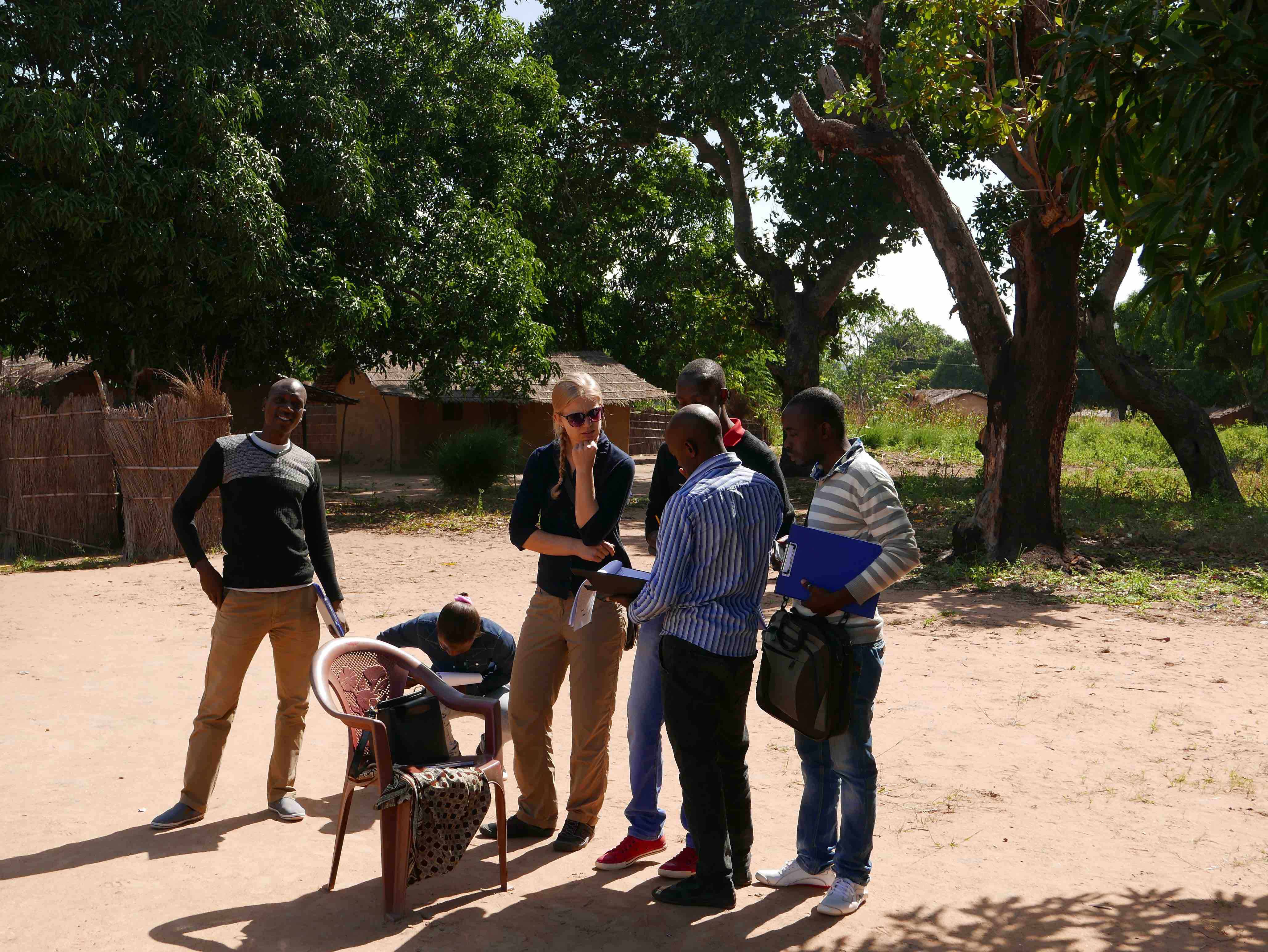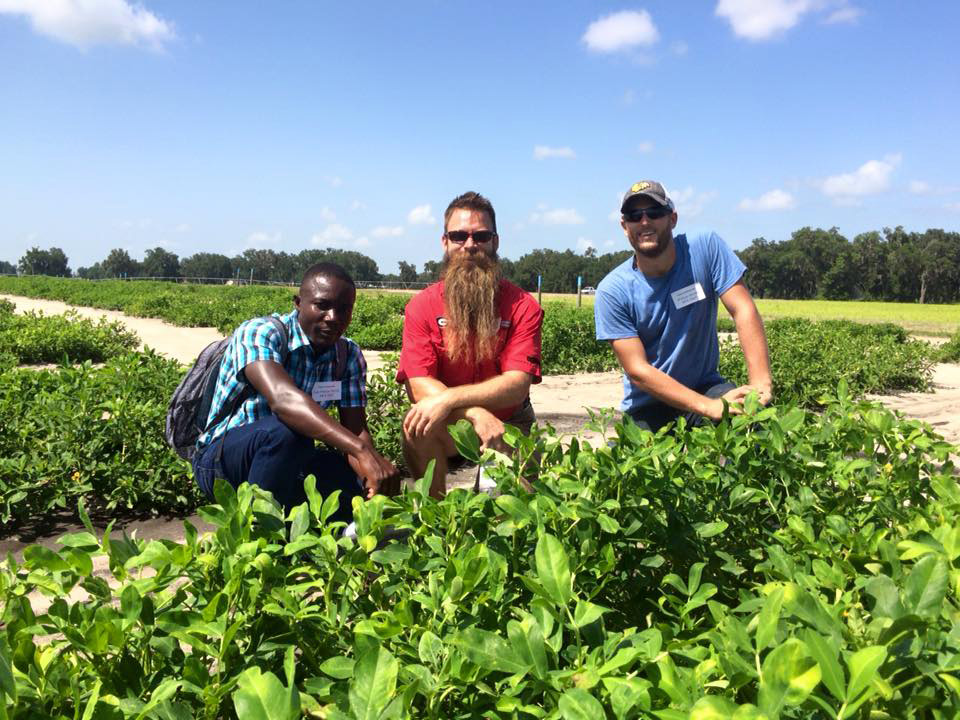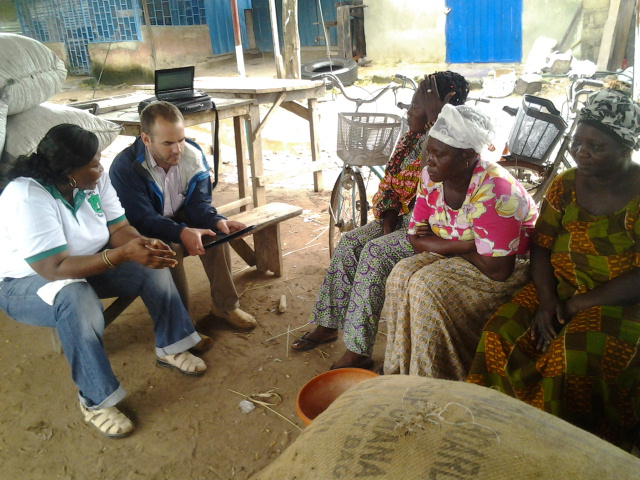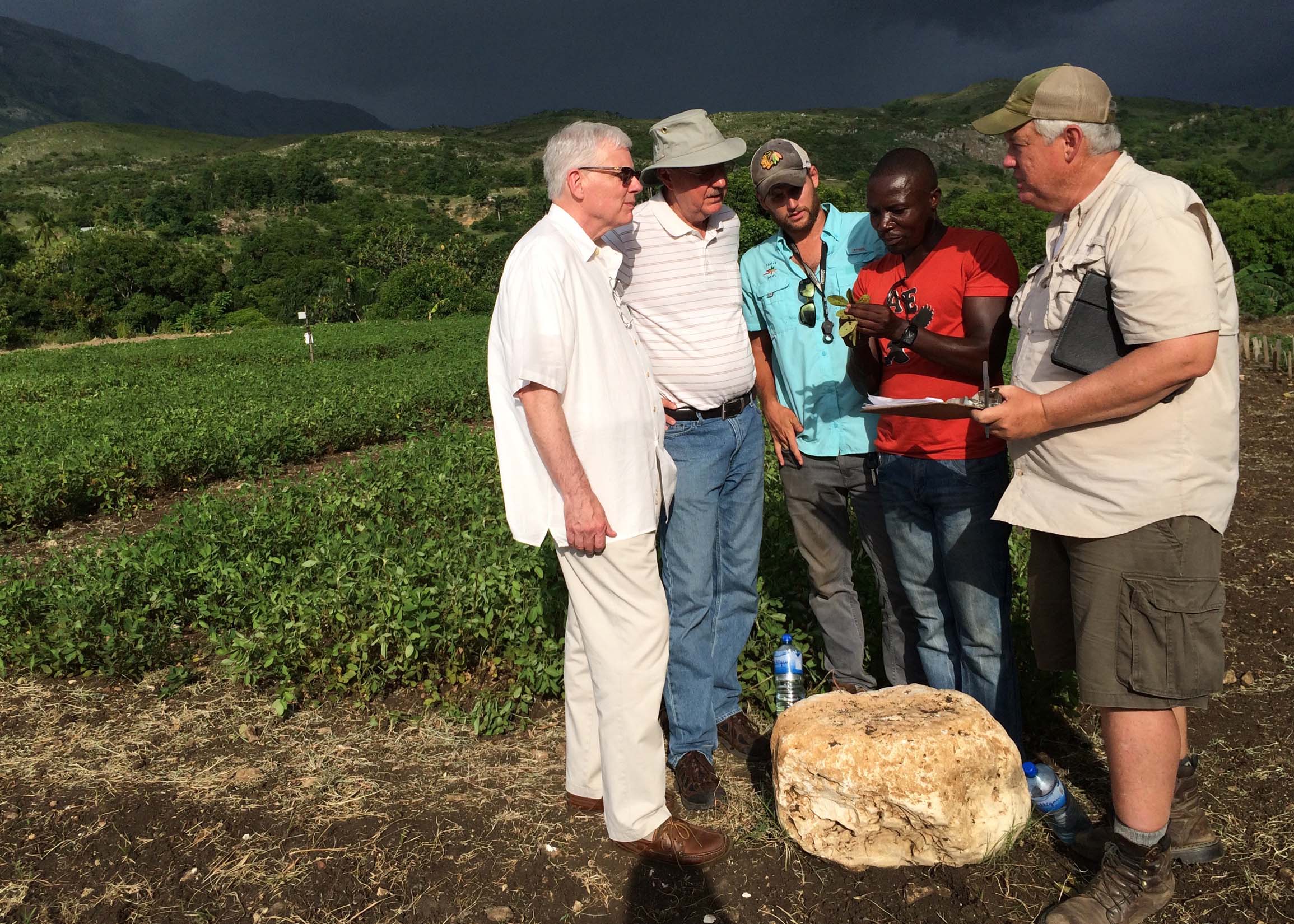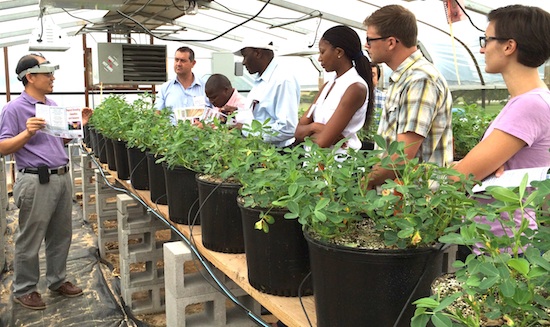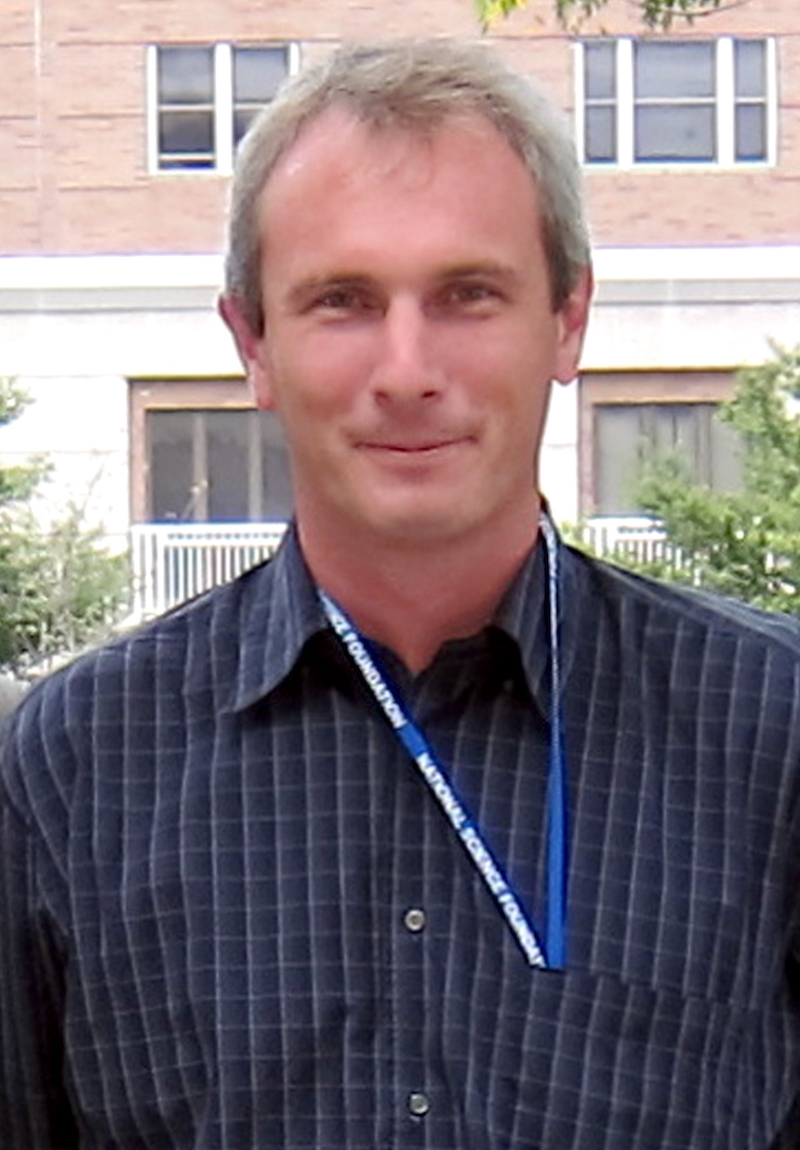 CAES News
CAES News
Peanut Code
An international group of agricultural scientists, including University of Georgia and USDA scientists based in Georgia, have mapped the genetic code of the peanut. Results of the five-year research project give scientists around the world a map with which to unlock some of the genetic potential of the peanut plant.

